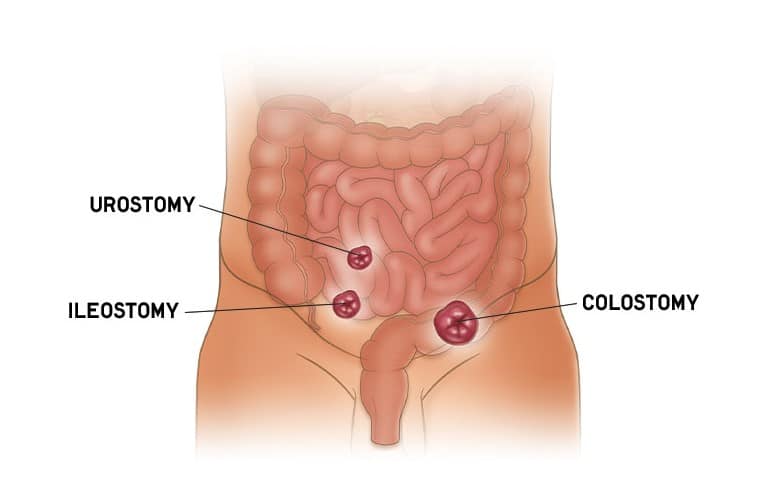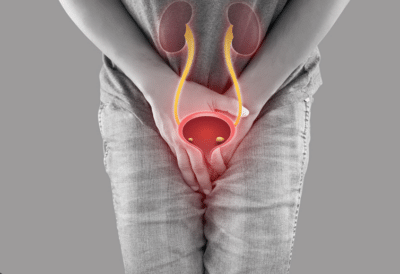Stoma Care
Preparing for Your Stoma Surgery
Understanding What to Expect Before Your Stoma Surgery
Before your stoma surgery, a crucial step in the process is the preoperative assessment. This assessment, which typically occurs a few days or weeks prior to your scheduled surgery, plays a vital role in ensuring you are physically and mentally prepared for the upcoming procedure. In this guide, we will walk you through what to expect during your preoperative assessment and the essential steps leading up to your surgery.
Meeting with Your Surgeon and Anaesthetist
During your preoperative assessment, you will have a face-to-face meeting with your surgeon to address any last-minute concerns about your impending surgery. This is an opportunity to discuss the procedure in detail, go over the associated risks, and ensure you have a clear understanding of what to expect. You will also be required to sign consent forms, indicating your agreement to proceed with the surgery.
Additionally, you may meet with the anaesthetist during this assessment. They will discuss your options for post-surgery pain management, ensuring that you are well-informed about the choices available to you.
Medical Checks
A nurse will conduct a series of medical checks to ensure you are physically fit for the surgery. These checks typically include:
Blood Tests:
A blood sample will be taken to assess your overall health and identify any potential concerns that could affect the surgery.
ECG (Electrocardiogram):
This painless test involves placing small, sticky sensors on your chest, arms, and legs to record your heart’s rhythm and electrical activity. It helps evaluate your heart’s condition before surgery.
Bowel Preparation Instructions
You may be provided with a combination of laxatives to take at home, typically the day before your surgery, to clear your bowel. It’s essential to follow these instructions carefully.
However, not all surgeons require bowel preparation, as it can lead to the loss of essential minerals and electrolytes needed for your health. Your surgeon will provide guidance on whether bowel preparation is necessary in your case.
Stoma Site Marking
Either during your preoperative assessment or on the day of surgery, a stoma nurse or Colorectal Nurse Specialist will examine your abdomen and mark the optimal position for your stoma using ink. Generally, a colostomy is placed on the left side of the abdomen, while an ileostomy or urostomy is positioned on the right side. The nurse may ask you questions about your clothing preferences and choose a location with smooth, crease-free skin to facilitate easy pouch placement.
The Day Before Surgery
On the day before your surgery, you should adhere to any bowel preparation instructions provided. Depending on your case, you may be required to spend the night before surgery under hospital observation. Ensure you refrain from eating or drinking at least 6 hours before your scheduled surgery time, though the hospital will confirm the exact requirements.
What to Bring to the Hospital
It’s a good idea to pack essential items for your hospital stay, including:
- Pyjamas or nightdresses
- A dressing gown
- Reading materials like books and magazines
- A tablet or music device with headphones
- Slippers
- A small bottle of squash to add flavour to your water
- Earplugs if you’re a light sleeper
- Any necessary medications in their original packaging
On the Day of Surgery
On the day of your operation, you will follow a specific routine to prepare for surgery:
- You may receive a special shower gel to cleanse your skin.
- You’ll be provided with a hospital gown and compression stockings to change into.
- All makeup, nail varnish, jewellery, and loose accessories such as dentures, glasses, contact lenses, and hearing aids must be removed before surgery.
- You’ll be transported to the operating theatre on a trolley.
- In a dedicated pre-op room, you will receive anaesthesia for the surgery. If an epidural is part of your procedure, it will be administered beforehand.
- A cannula will be inserted into a vein in the back of your hand to deliver anaesthesia.
Understanding and following these pre-operative steps will help ensure a smooth transition into the surgical phase of your stoma journey. By being well-prepared and informed, you can approach your surgery with confidence and focus on your path to recovery.


